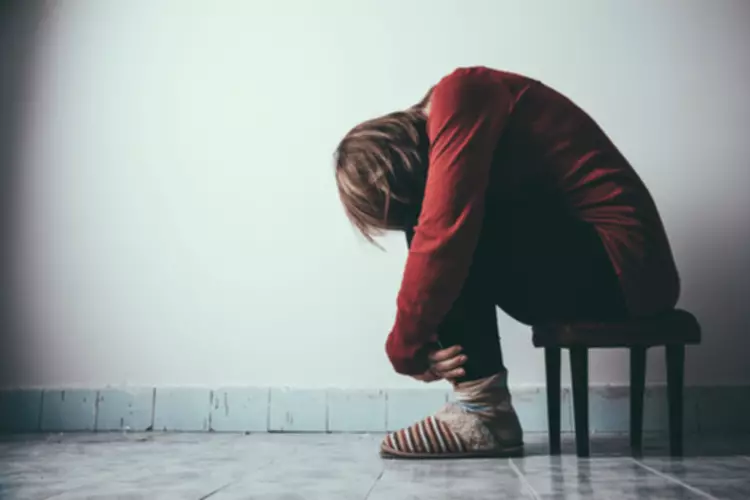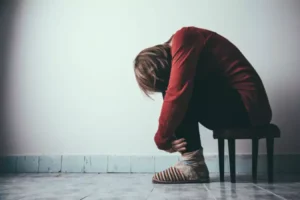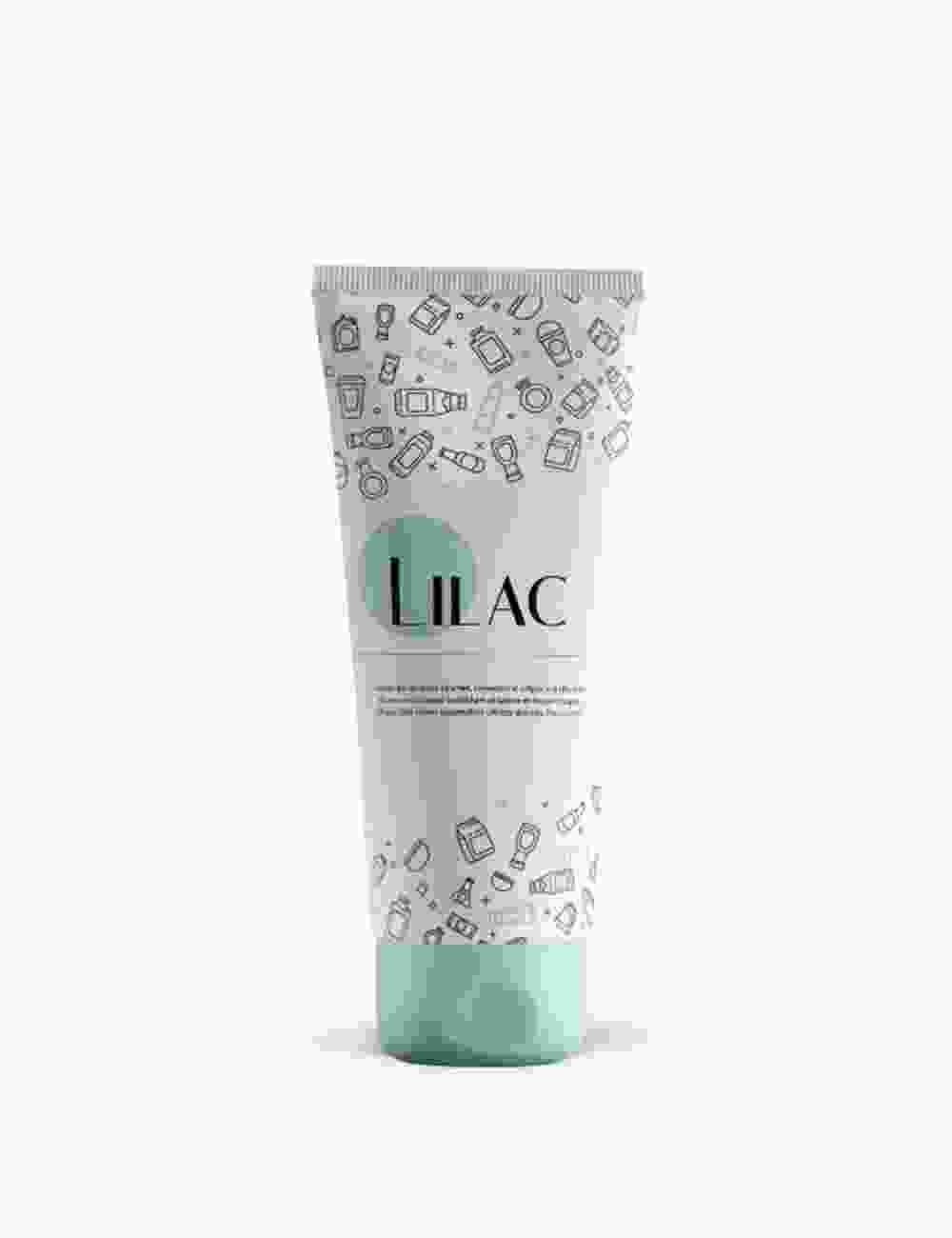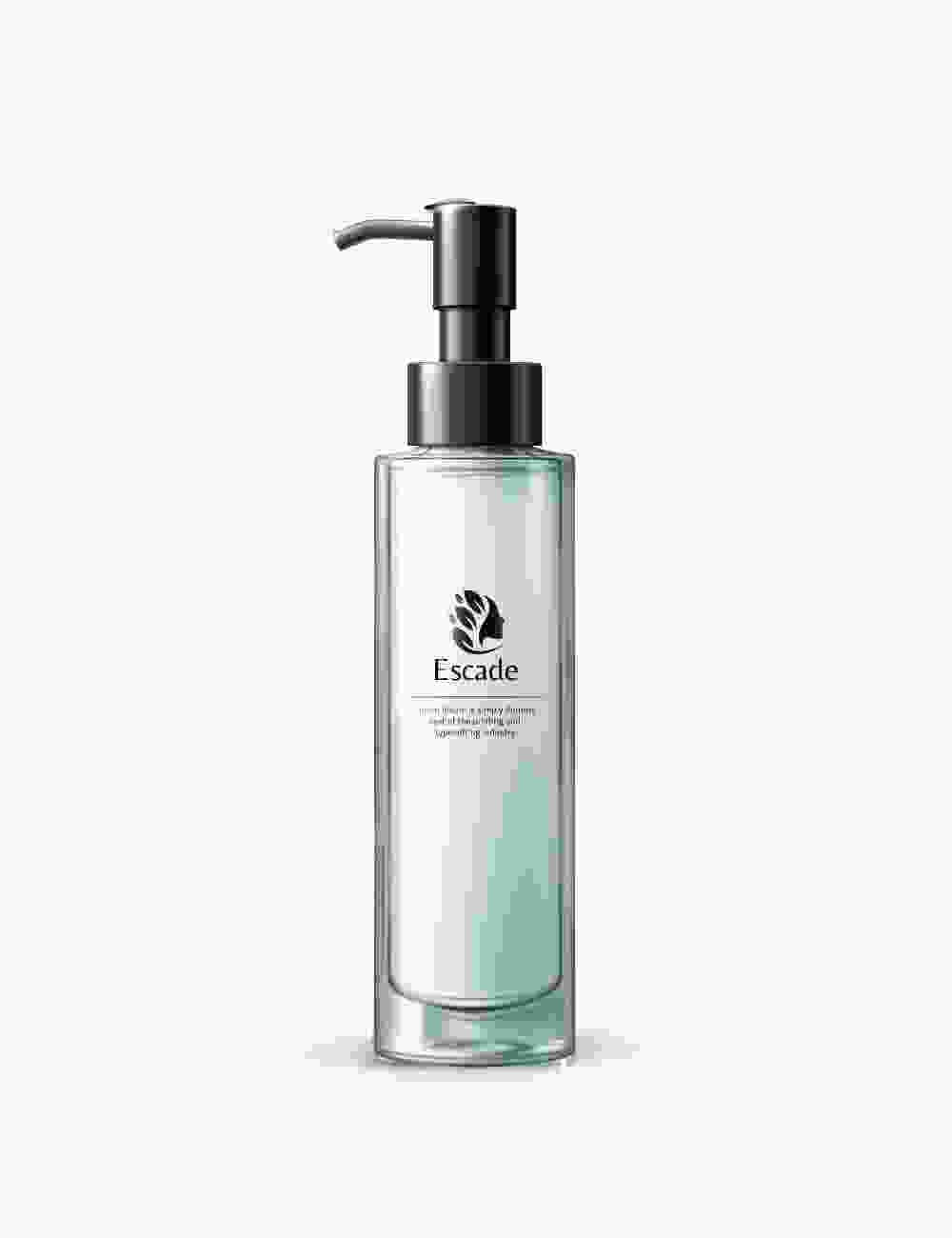
In general, the course of alcohol withdrawal is highly variable and somewhat unpredictable. Screening and assessment tools do not allow physicians to predict with confidence who will or will not experience life-threatening symptoms. The alcohol withdrawal timeline varies, but the worst of the symptoms typically wear off after 72 hours. People who are daily or heavy drinkers may need medical support to quit. Stopping drinking abruptly can lead to seizures and can even be fatal.
How can you reduce or quit alcohol? Australian Government Department of Health and Aged Care

Techniques such as mindfulness, meditation or gentle exercise might help alleviate stress. =https://ecosoberhouse.com/ However, it’s important to seek medical advice, as withdrawal can quickly escalate to severe symptoms. In general, going through withdrawal at home should be avoided unless your doctor recommends it.
Alcohol Withdrawal Stages and Severity
Still, if you’re experiencing withdrawal symptoms, it’s essential to get evaluated by a healthcare professional. Depending on the severity of your symptoms, your doctor may recommend monitoring a medical setting or at home. Drinking too much can often lead to alcohol dependence, which goes hand-in-hand with alcohol withdrawal syndrome. Withdrawal symptoms can be dangerous or even deadly.5 In this article, you’ll learn about the signs and symptoms of alcohol withdrawal and how to get help.
Getting Help for Alcohol Addiction

It often raises many questions, especially regarding effective strategies for managing symptoms and ensuring safety. Let’s address some of the most frequently asked questions about alcohol withdrawal, providing insight into different aspects such as medication, home remedies, dietary considerations and more. Many people with alcohol problems and their family members find that participating in support groups is an essential part of coping with the disease, preventing or dealing with relapses, and staying sober. Your health care provider or counselor can suggest a support group. It’s a good idea to see your doctor first if you want to quit or stop drinking alcohol. It’s also helpful to have an action plan and a support network to help you achieve your goals.

Therapies, such as cognitive behavioural therapy (CBT), can help recovering alcoholics to identify and address the underlying causes of alcohol addiction. After detox, you’re still at risk of relapsing, especially if triggers arise that might lead you to want to drink to help you cope. Stressful life events or reminders of previous traumas are common triggers that can lead to relapses. However, it’s important to note that depending on the nature of your alcohol addiction and the extent of your previous alcohol misuse, how long withdrawal symptoms are experienced may vary.
- Also, carbamazepine has not been evaluated for treating delirium tremens.
- In addition, vitamin supplements may be given to replace essential vitamins that are depleted by alcohol use.
- Vitamins B1 (thiamine), B9 (folate), B12 and C are often recommended to aid recovery.
Intensive outpatient programs are one step down from the level of structure a PHP provides. The way an IOP is set up is similar to PHPs, but requires less time in treatment each week. IOPs often only include group treatment, although some include individual therapy as well. These drugs are used to prevent seizures when someone is going through alcohol withdrawal. After approximately 24–72 hours, you can anticipate your withdrawal symptoms Cure for Alcohol Withdrawal Symptoms to peak.
Alcohol Withdrawal Resources
- Amphetamine withdrawal management – appropriate processes for the management of amphetamine withdrawal.
- Anti-convulsant drugs have been effectively used to treat mood disorders, which share some symptoms with AWS, including depression, irritability, and anxiety.
- Talk to your doctor or a drug treatment specialist about what to expect as you experience alcohol withdrawal.
- The way an IOP is set up is similar to PHPs, but requires less time in treatment each week.
- Commonly known by the brand name Vivitrol, this medication is an FDA-approved drug that was originally created for people with opioid addiction.
Minor alcohol withdrawal symptoms typically set in about 6 hours after your last drink and may last 4 to 48 hours. Although these symptoms are relatively mild and aren’t usually deadly, they are extremely uncomfortable. Many people continue to drink alcohol, even while knowing that alcohol addiction is ruining their life, just to keep these unpleasant withdrawal symptoms at bay. The safest way to prevent alcohol withdrawal is to avoid drinking alcohol altogether.
What Does It Mean To Have a Substance Abuse Problem?

If your doctor thinks you might be going through alcohol withdrawal, they’ll ask you questions about your drinking history and how recently you stopped. They’ll want to know if you’ve ever gone through withdrawal before. By Sarah Bence, OTR/LBence is an occupational therapist heroin addiction with a range of work experience in mental healthcare settings. Remember you are facing a difficult challenge during alcohol withdrawal, but you are not alone.




